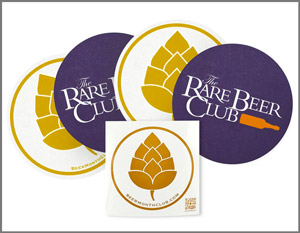The island of Corsica, in the Mediterranean, located between Italy and France, has been claimed by both nations—along with quite a few others—during its constant human occupation since the Mesolithic age. Let’s put that into context. Mesolithic means the “middle stone,” wedged between the Paleolithic (old stone) and Neolithic (new stone) ages. We’re talking about an area that’s been populated for seven to ten thousand years! Not surprisingly, there’s great national pride among native Corsicans, fostered in no small part by being “claimed” by various outside nations, a relatively brief historical stint as a sovereign nation from 1755 to 1768, and the secret sale of the island to the French by the Republic of Genoa in 1764. The announcement that it was a French territory was not made until 1768, and it triggered a civil war. Imagine if you opened the paper and read that your state was owned by and made part of another, secretly, and there was nothing you could do about it. That’s a national-pride fosterer if we’ve ever heard one. Thankfully, the conflict didn’t last too long, and the compromise seems to have been strong Corsican pride regardless of which country they were formally declared a territory of.
All of this history makes it a bit surprising that, until about thirteen years ago, Corsica did not have its own beer or brewery. Why? Location, location, location. Being wedged between Italy and France, the country’s people prefer wine to beer, and there’s also a relatively high proportion of sobriety. And, with no beers being made locally, coupled with reluctance on the part of a proud people to import beers from other nations, there was little drive to get a brewing outfit based on the island. It was, therefore, a bold move for Corsican natives Dominique Sialelli and his wife, Arnelle, to decide in 1992 to found a brewery that would brew distinctly Corsican beers. Research and fundraising (and with it, lots of “convincing”) took place for the next four years. Their first beer, Pietra Amber, began to flow in 1996. Their beers are now not only enjoyed in Corsica, they’re making a splash all over Europe. Feel the pride!
The word “pietra” is Italian for stone. So, literally, their name translates to “The Stone Brewery.” A nod to the highly regarded microbrewery from Southern California? Despite its world renown, that’s not the story behind the name. Is it a reference to the history of a human presence there since the Stone Age, or a proclamation that this young brewery plans to be around for the long term? Perhaps that’s buried in there somewhere; but, actually, it comes from the name of Dominique’s tiny native village, Pietraserena (meaning “serene stone”).
The brewery has since added a Corsican Cola to their lineup, as well as a lemonade currently in development, at least two more year-round beers, and a whisky. It would seem the dawning of a new age in Corsica’s history has begun, one full of inspiring and impressive concoctions that suit the palate, and sense of pride, in this age and beyond. Which makes us wonder . . . in 1792, famed philosopher Jean-Jacques Rousseau wrote in his work, The Social Contract, that Corsica would one day astonish Europe. Seven years later, Napoleon Bonaparte was born in Corsica. Did Rousseau’s prognostication refer to Napoleon’s legacy? That’s what many think. We submit that perhaps it was the birth of Brasserie Pietra and their expansion into Europe. A beer-centric way of thinking on our part, but what did you expect?
For more information about the brewery, visit their website at www.brasseriepietra.com.



